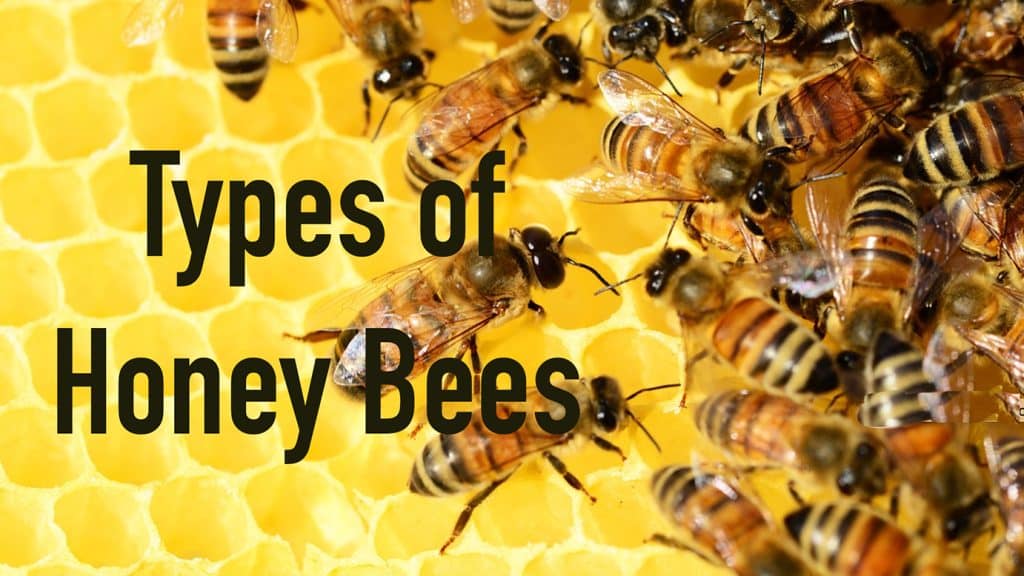What are the different types of honey bees?
Listed below are the 4 different types of honey bees
- The rock bee, Apis dorsata (Apidae).
- The Indian hive bee, Apis cerana indica (Apidae).
- The little bee, Apis florea (Apidae).
- The European or Italian bee, Apis mellifera (Apidae).
- Dammer bee or stingless bee, Melipona irridipennis (Meliporidae). These are the different types of honey bee know at the moment.
What are the advantages of bee farming ?
Having a bee sting is one of the worst pains you can every experience form this tinny insects but that aside bees, these insects really do more good than harm. Honeybees are a crucial part of the earth’s ecosystem, helping to pollinate flowers and garden vegetables. Before you decide to become an amateur beekeeper or let your beekeeping friends place hives on your property, you may want to weigh the advantages and disadvantages of honeybees.
Advantage: Plant Pollination
Bees help pollinate plants which include flowers, vegetables and fruits in the garden by transporting pollen from plant to plant as they collect nectar to bring to their hives. These pollen attaches to the honeybees’ fuzzy bodies and rubs off on flowers from which they collect nectar. These pollen transferred, help plants to reproduce and produce fruit and seeds. If feral bees aren’t available to pollinate flowers and crops, fruit and seed yields will be low. To ensure large yields on commercial farms, farmers may contract beekeepers to practice more of bee farming to help in this cycle.
Advantage: Honey
The main advantages of beekeeping is: Provides honey, which is the most valuable nutritional food. Bees convert flower nectar into honey and store the honey inside their honeycombs to provide food for newly hatched and overwintering bees. This raw honey is an excellent nutritional supplement rich in antioxidants, minerals and vitamins. Honey is used as an anti-inflammatory, antioxidant and antibacterial agent. People commonly use honey orally to treat coughs and topically to treat burns and promote wound healing. Not only is it an alternative to sugar, but raw honey also helps heal wounds on the skin by killing bacteria and preventing infections. Traces of pollen in the honey can even help relieve seasonal allergies in humans. With this in mind a lot more farmers should embrace bee farming.
Advantage: Useful Byproducts
Raw honey is always in demand and bee byproducts like wax and propolis are great commodities to have, too. Beeswax is useful for making candles, waxing wood furniture, polishing concrete countertops, preserving bronze and copper, and waterproofing leather. Propolis, a resinlike substance bees make from tree sap, is often made into furniture wax and car wax. Beeswax, raw honey, propolis and pollen can also be sold as natural health alternatives and supplements in fighting infections.
What diseases can honey cure?
Traditionally, honey is used in the treatment of eye diseases, bronchial asthma, throat infections, tuberculosis, thirst, hiccups, fatigue, dizziness, hepatitis, constipation, worm infestation, piles, eczema, healing of ulcers, and wounds and used as a nutritious supplement.
Disadvantage: Awful Stings
Although extremely beneficial to crops, health, and making useful natural products for the body and home, the main disadvantage of honeybees is their painful stings. Fortunately, they only sting when they feel threatened, such as when protecting their hive from intruders, or when accidentally stepped on or squished. Because their stingers are barbed, they often remain inside the skin, releasing more venom and causing more pain. To avoid this, do not walk barefoot outdoors, and do not touch live bees. If you are stung, remove the stinger immediately with tweezers or scrape your fingernail over the sting to loosen the stinger.
What are the advantages of modern method of apiculture?
Modern beehives helps in high product yield, good product quality, easy inspection, low or very low cost and fewer diseases. Modern bee farming technology also solves the problem of scarcity of honey on the market.
Read more on bee farming, what it is here
https://agritech.tnau.ac.in/farm_enterprises/fe_api_typesofhoneybee.html

